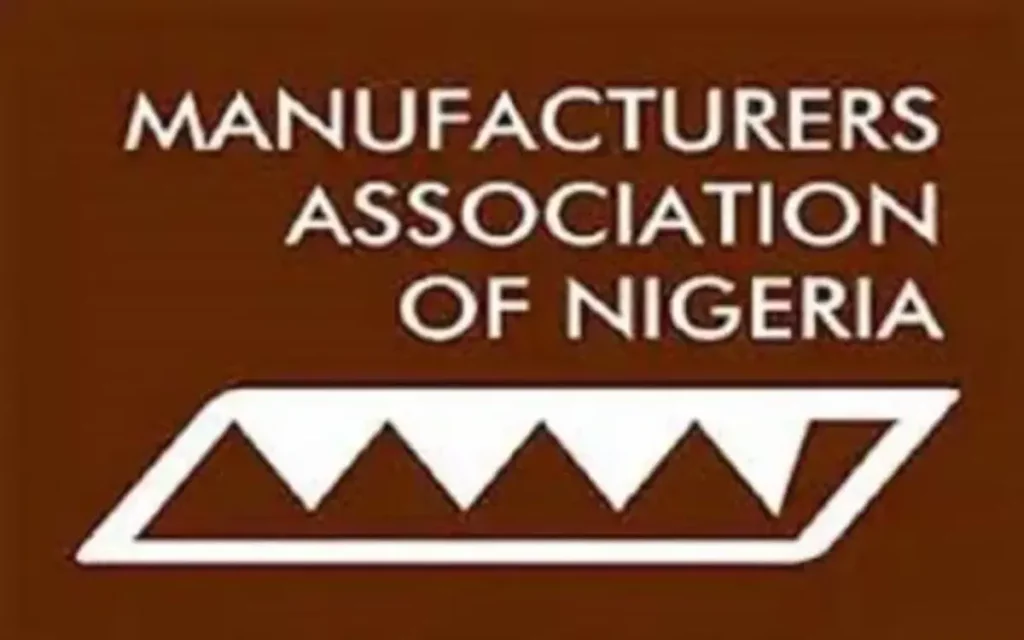
By David Akinmola
With just days to the enforcement of a ban on single-use plastics (SUPs) in Lagos, tension is mounting among manufacturers, recyclers, and traders who fear the move could cripple their businesses and threaten thousands of jobs across the value chain.
The Manufacturers Association of Nigeria (MAN) has urged the Lagos State Government to halt the policy’s implementation, warning that the July 1 rollout could have devastating economic and social consequences.
Speaking on behalf of the association, MAN’s Director-General, Segun Ajayi-Kadir, described the policy as ill-conceived and lacking adequate stakeholder engagement. He argued that the ban was introduced without credible data or comprehensive consultation with those directly impacted.
“This decision is out of sync with Nigeria’s current economic realities,” Ajayi-Kadir said. “It offers no sustainable alternatives and may worsen unemployment, poverty, and economic instability.”
According to MAN, an overwhelming 89% of operators in the plastic value chain—including manufacturers, recyclers, and traders—risk shutting down operations due to the ban. Many of these businesses, especially women-led microenterprises, rely entirely on SUPs for income, with no viable alternatives currently available.
Ajayi-Kadir criticized the government’s failure to publish scientific studies proving the health or environmental dangers posed by SUPs. Instead, he argued, the real challenge lies in poor plastic waste management, not the material itself.
“Plastic remains a versatile, durable material essential to several industries,” he noted. “What’s missing is a systemic and locally relevant approach to managing plastic waste, not a wholesale ban.”
He further expressed concern over policy overlap, pointing out that the Lagos State Plastic Waste Management Policy (LSPWMP) of 2020, which mandates manufacturers to contribute to a state plastic waste fund, duplicates the already existing Extended Producer Responsibility (EPR) initiative.
“A ban alone won’t solve SUP pollution—it merely substitutes one waste stream for another without solving the core issue,” he said.
Industry consultations, according to MAN, revealed unanimous fears among manufacturers about the likelihood of forced workforce restructuring. “There’s no provision for social protection for employees who will lose their jobs, nor has there been any dialogue with affected stakeholders,” Ajayi-Kadir stated.
He emphasized that over 75% of end-users rely on SUPs for packaging food and everyday items, largely due to the absence of affordable alternatives. Meanwhile, recyclers lament the ban’s likely impact on the availability of feedstock, which could further weaken Nigeria’s struggling recycling sector.
As the July 1 deadline draws near, stakeholders across the SUP value chain are appealing for a more inclusive, evidence-based, and phased approach to plastic waste management that balances environmental goals with economic realities.





